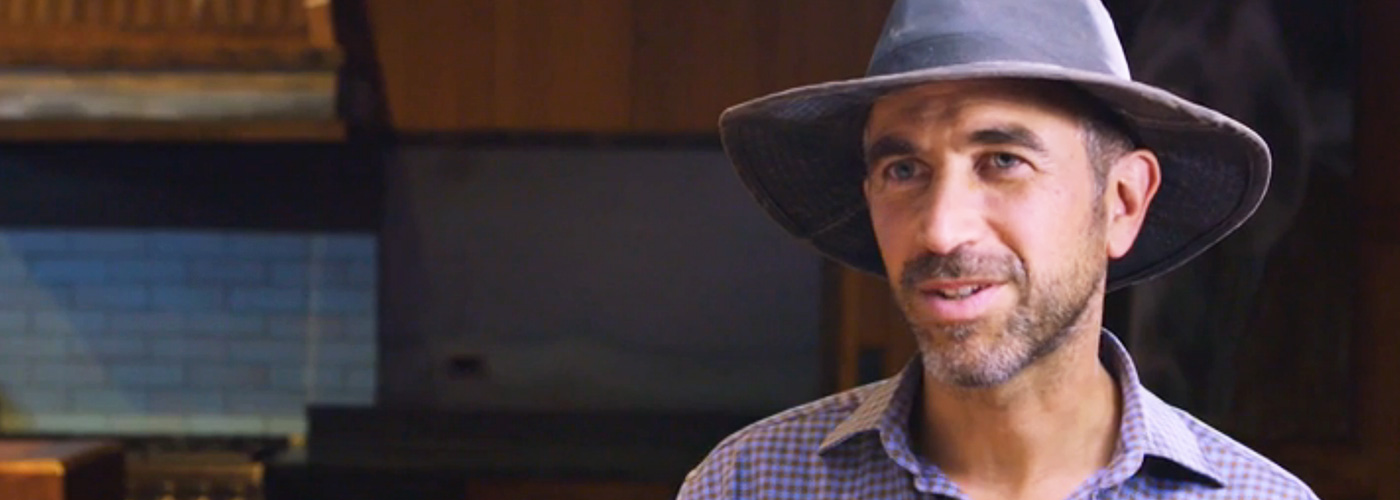This interview is the first of a 5-part series conducted with mentors during Project Literacy Lab. Hear stories from three different serial entrepreneurs and their philosophies on one of the most timeless topics—failure.
Have you ever failed spectacularly?
Patrick Hanlon: I was in advertising, and we were doing—don’t laugh—advertising for a cough syrup called Creomulsion. We thought it’d be really attention getting to have people coughing their heads off, literally. It failed dramatically. The only good part about it was that I was asked to write some stuff for Saturday Night Live.
Jeff Mendelsohn: My biggest failure was in the HR front. I always wanted to bring in somebody to run New Leaf, because I knew it wasn’t my only life’s work to run this business. I don’t feel I had any conscious barriers to bringing on that person, but I never got around to it.
Ann Rogan: My perspective on failure was informed largely by the bankruptcy of my company in India. Our investors had this conversation with us, and we made the decision together to shut down the company. It was heartbreaking, that part in itself was heartbreaking. I was so ashamed to talk about it. It was only after being back in the U.S. where I grew up after a year that I realized people appreciate hearing about mistakes and failures.
What is your philosophy on failure?
PH: Failure is highly overrated. I don’t think there’s room to fail. I think failure is interesting, and it’s a great learning experience, I suppose, if you have someone else’s money. But I’ve never had that freedom, and so, we’ve never really failed. We’ve had people not want to do what we recommended, which is kind of a fail, but it’s their fail—not ours.
JM: My relationship with failure depends on my relationship to myself in that moment. There’s a lot of self-judgment and blame, and it can result in more reactive behavior. You know where that goes. Over time, I developed more personal awareness and wisdom, and that translates into failures being opportunities for growth, which everybody says, but when you actually feel it, it’s a whole different story.
AR: Aside from the fact that failure is OK and should be celebrated in a context of what you have learned, it’s very easy to adapt to the norms and behaviors of the environment in which you’re operating. So even if you know intellectually that failure is critical to learning and testing new ideas, you have to be mindful of the environment in which you’re operating.



